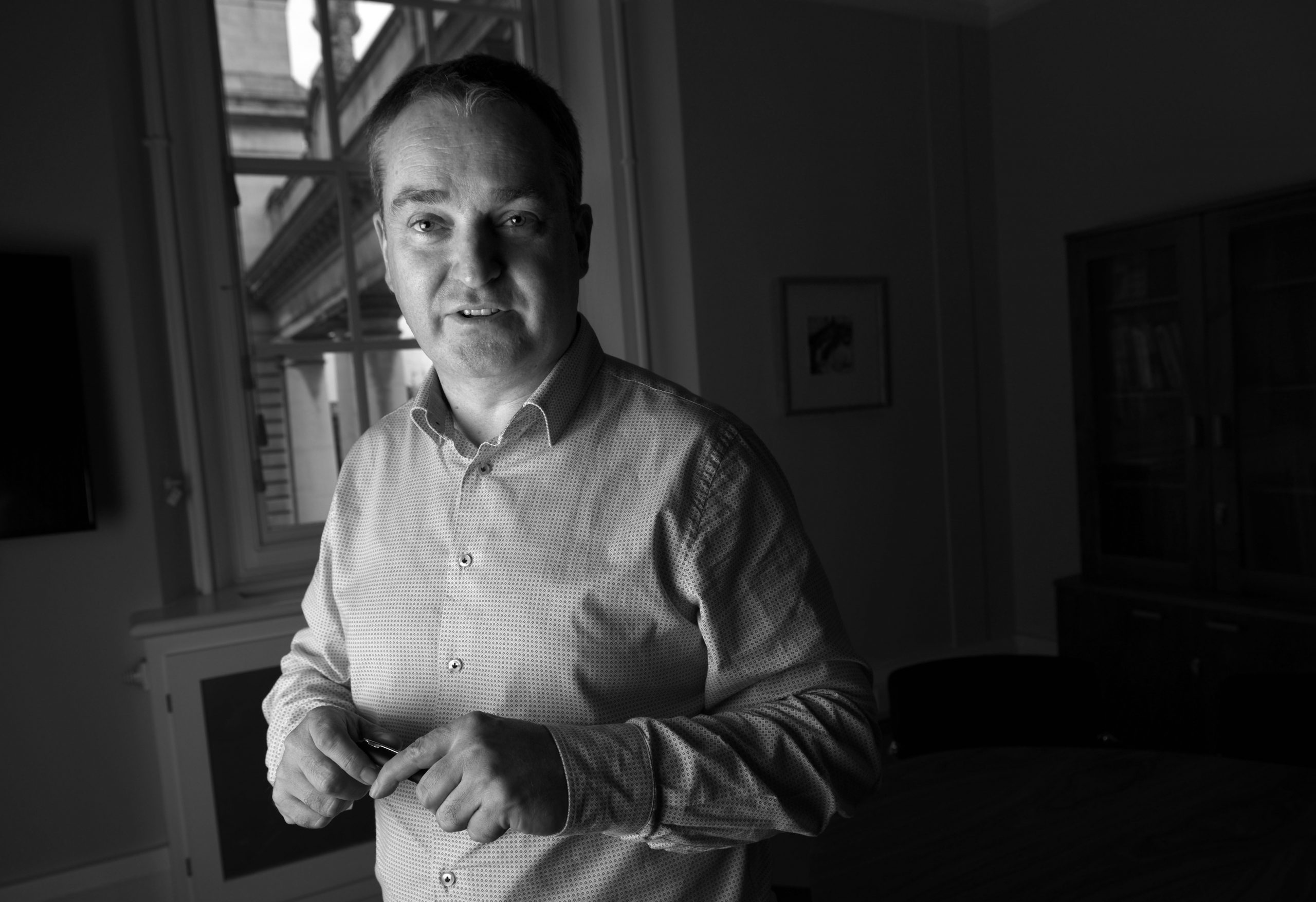From his base at Harvard University, Lucian Bebchuk has spent much of his career probing the vexed issue of executive pay. Bebchuk, a professor of law and economics, has looked at it from every angle – ranging from the extent to which decisions to expand firm size are associated with increases in subsequent CEO compensation, to examining managers’ influence over their own pay. In his 2006 book, Pay Without Performance, he exposed myriad ways in which CEOs decoupled pay from performance and argued that board members had little incentive to slow the gravy train. The overarching thesis to his work…
Cancel at any time. Are you already a member? Log in here.
Want to read the full story?
Unlock this article – and everything else on The Currency – with an annual membership and receive a free Samsonite Upscape suitcase, retailing at €235, delivered to your door.

